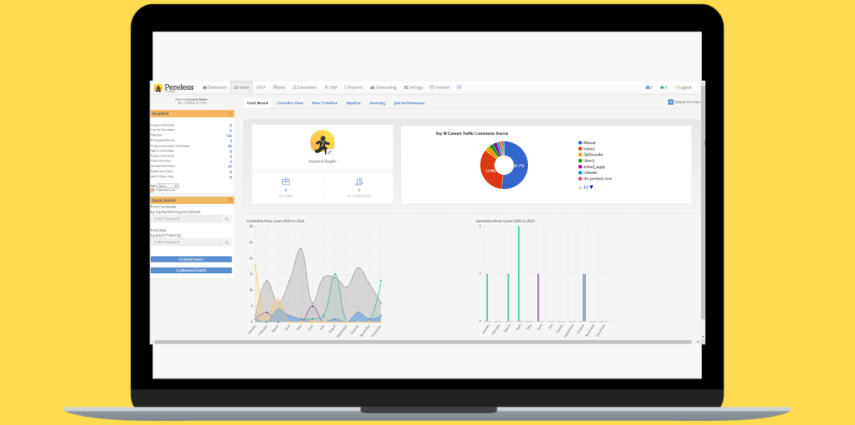Hiring the right people starts with attracting the right candidates — and that begins with your job posting. A well-crafted job post does more than list responsibilities; it communicates your company’s culture, values, and what makes the opportunity special. In today’s competitive job market, candidates are looking for more than a paycheck — they’re looking for purpose, flexibility, and a workplace where they can thrive.
Here are 7 practical tips to help you write job postings that stand out and attract top-tier talent.
1. Start with a Clear, Compelling Job Title
The job title is your first impression. Make it count.
- Be clear, not clever. Avoid internal jargon or quirky titles like “Sales Ninja” or “Marketing Rockstar.” Candidates search for standard titles, so use ones that are recognizable and searchable.
- Include key details. If the position is remote or hybrid, say so in the title. For example: “Remote Content Marketing Manager” or “Hybrid Software Engineer (SF-based).”
2. Open with a Hook That Sells the Role
The first few lines of your job post should answer the candidate’s biggest question: “Why should I care?”
- Highlight what makes your company or the role exciting.
- Share your mission, values, or a recent achievement.
- Emphasize growth opportunities, unique perks, or impactful work.
Example: “Join a fast-growing tech company on a mission to make healthcare more accessible. We’re looking for a Senior UX Designer to help us create intuitive, life-changing digital experiences for millions.”
3. Be Specific About Responsibilities
Vague job descriptions lead to vague applications.
- Use bullet points for clarity.
- Keep it concise — focus on the 5–7 most important responsibilities.
- Prioritize what’s truly essential, and avoid copy-pasting from generic templates.
4. List Clear, Realistic Requirements
Avoid turning your job post into a wish list.
- Separate “must-have” from “nice-to-have” qualifications.
- Consider dropping unnecessary degree requirements or years of experience that don’t truly reflect job success.
- Be mindful of language that may discourage women or underrepresented groups from applying.
5. Showcase Your Company Culture
Candidates want to know who they’ll be working with and how the company operates.
- Share your values, work environment, and team dynamics.
- Include photos, videos, or testimonials on the careers page, and link to it from the job post.
- Mention benefits and policies that reflect your culture — like flexible work, mental health support, or learning stipends.
6. Highlight Growth and Impact
Top talent wants to make a difference — and grow while doing it.
- Show how the role contributes to larger company goals.
- Mention professional development opportunities or career paths.
- Use phrases like “you’ll help shape,” “you’ll lead,” or “you’ll own” to empower the candidate.
7. Keep It Inclusive and Human
Your job post should feel like it’s written by a human, for a human.
- Use inclusive language (e.g., avoid gendered terms like “rockstar” or “dominant”).
- Run your post through a gender bias decoder or inclusivity checker.
- Include an equal opportunity employer (EEO) statement and encourage applicants from diverse backgrounds.
Bradford’s Takeaway:
A job posting isn’t just an announcement — it’s an invitation. By putting in the effort to write clear, authentic, and attractive postings, you’re more likely to connect with candidates who are aligned with your mission and excited to be part of your journey.
Need help with your job descriptions and posting them out? Pereless Systems would be happy to help you craft and automatically post jobs to specific job boards – just reach out!










